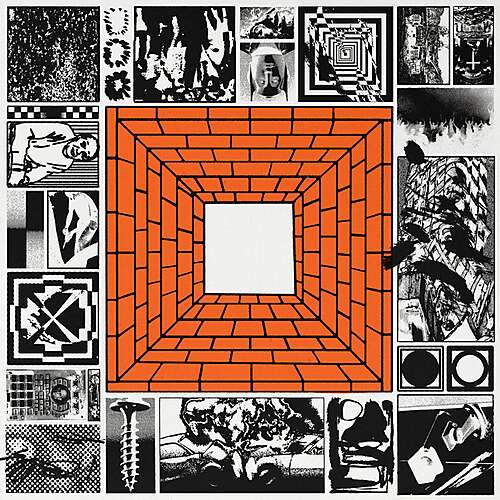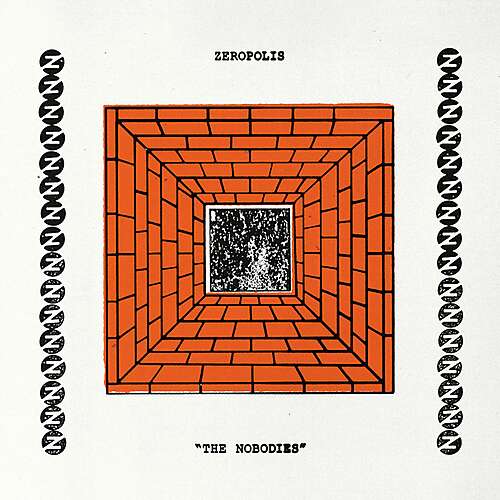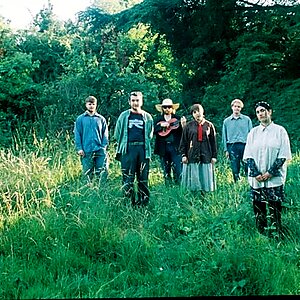Zeropolis
Zeropolis
country: UK
genre: Electronic
styles: Post-Punk, Cold Wave, Synth, Alternative, Punk

Social Jet Lag
 Single
Single
Spotify Bandcamp Soundcloud
Reviews and Comments
Zeropolis follow up The Nobodies – their official AnalogueTrash debut – with the blistering and insightful social commentary of Social Jet Lag. It parlays EBM beats, a post-punk bassline, and glacial electronica into a stunning and suitably dystopian backdrop for the duo’s take on the relentless pursuit of moving up the social ladder. They also explore the consequences of forsaking one’s true self in what can be a vain attempt to belong.
Zeropolis is made up of two French exiles who met in London through the DIY punk scene. They started playing music together as Zeropolis in 2018, with a desire to produce a gloomy yet danceable strain of electronic post-punk, featuring lyrical themes ranging from technological fatigue and depression to social inequalities and the pressures of work life and the nuclear family.
The duo spent their early days rehearsing in a garden shed they hand-built in a Bromley-by-Bow warehouse that was up for demolition, slowly crafting what would become their first EP. The self-titled effort ended up being released in early 2020 by FDH Records in the US and Blank Editions in the UK, right before the first nationwide lockdown forced them to put a pin in their touring plans.
Social Jet Lag opens with an ominous loop of shakers before brutal synth stabs and punctuating cowbells gradually set the stage for a heavy bass intro. As the track progresses, a dark pop sensibility emerges, driven by a guitar that alternates between melodic allure and chaotic bursts of flange-infused distortion. It’s a perfect showcase for Zeropolis’ distinctive musical style, one that defies conventional genre boundaries.
Social Jet Lag sees the duo look to the world around them and the expectations that consumer society places on the individual:
“Lyrically, the song delves into the lives of individuals who dream of upward social mobility so intensely that it consumes them, ultimately leading to constant dissatisfaction,” they say. “It sheds light on a fascinating paradox, where people strive to fit into a group that rejects them, oblivious to the fact that they are, in essence, belittling their own social class.”
The topic of the lyrics has a special resonance for the band, who were both born in France but now live in London, both places where social disparities and the need to always be conspicuously achieving are ever-present elements of a fraying social fabric.
“It’s a subject I experienced first-hand around me; people wanting to be seen as part of some sort of snobby ‘intelligentsia’ that they think is superior. Knowing them, it’s quite obvious that they lack an understanding of their codes and even a genuine connection or interest in the intellectual topics they pretend to admire. At the end of the day, they are still unhappy, but they also undervalued their own cultural heritage or background in the process.
“The song ultimately questions the true sources of happiness and fulfilment in life, in a complex interplay between aspiration, identity, and the yearning for acceptance.”
The song riffs on Zeropolis’ love on alternative music of the 70s and 80s: “We share a similar passion for bands like Suicide, Jay Reatard, and Grauzone, and of course classic British and American punk-rock, where the chorus is king, and the hooks stand out and stays in your head. Over time, more influences came to feed our music-making process. From post-punk bands like Total Control or Diät to more industrial/electronic acts like Nitzer Ebb, DAF, and Schwefelgelb.”
latest releases











